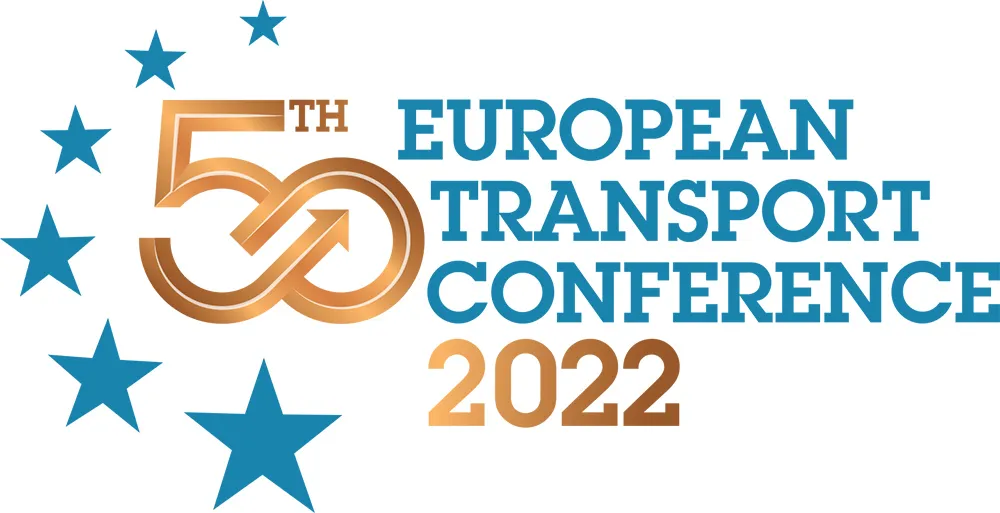
A new report on the effect of disruption to transport services caused by the global pandemic has identified three key obstacles to moving forward.
The Future of Mobility Post-Covid-19, published by management consultancy Arthur D. Little, in collaboration with public transit body UITP, looks at how to "accelerate towards more sustainable, resilient and human-centric urban mobility systems”.
But the barriers to progress - lack of proven ability to be visionary; blurred accountability between government and transport authorities; and lack of personal leadership - threaten to block improvements, the report suggests.
“Together, we must move beyond the management of short-term response and seize a historical and unique opportunity to start over and shape the future of our cities,” said Jérôme Pourbaix, senior director of global growth at UITP.
“We don’t want to go from lockdown back to gridlock, therefore this is our chance to work together and bring back better mobility to people in our cities.”
The special report is the fourth in a Future of Mobility series which started back in 2011.
The authors engaged with 70 executives from more than 30 organisations worldwide, including transport authorities, mass transit operators, mobility solutions providers and professional bodies.
They found that "not all authorities are equal in their ability and willingness to shape a change of paradigm in the aftermath of the crisis".
While only a minority were what the report calls "non-believers” who did not see the need to radically rethink what they were doing, around half were "stuck in the middle" - wanting change but unsure how to bring it about - while just a few authorities are "progressives” which are committed to the need for change.
The report recommends a number of "game changers" for city governments and authorities to push things forward.
These include developing "a unified long-term mobility vision", planning at a system level, fostering innovation through public/private collaborations on technology and business models, and getting to grips with data.
It also sees Mobility as a Service (MaaS) as an important factor in improving services.
"In the longer term, MaaS certainly has the potential to positively influence mobility patterns and behaviours in a way that will align much better with the uncertain post-Covid environment," the report insists.
However, it also suggests that pandemic disruption will "have a negative impact on the scalability of MaaS development" in the short term as demand for mass transit and shared mobility has collapsed.
But it adds: "In the medium term, MaaS can contribute to increased system resilience through providing more choice of mobility options and ease of use. Trust can also be rebuilt by providing real-time multimodal information."










